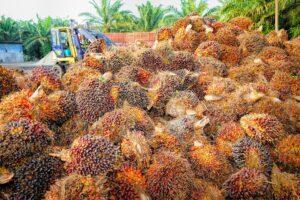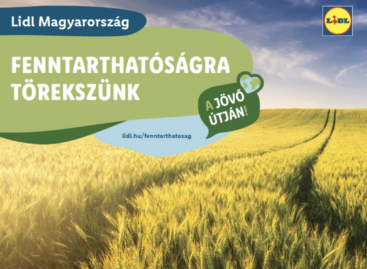Debate on deforestation: Indonesia and Malaysia clash with “protectionist” EU over palm oil policy
Indonesia and Malaysia join forces against new EU regulation on deforestation. Two of the world’s top palm oil producers say the EU directive would reduce the amount of palm oil they buy by not allowing it to enter EU markets unless it can be proven to have been obtained without deforestation.

(Photo: Pixabay)
The two countries agreed to work more closely together to fight an EU directive that effectively bans palm oil linked to deforestation. Council members Indonesia and Malaysia, the biggest palm oil producers, say the EU’s deforestation regulation is a protectionist attempt to protect uncompetitive EU farmers and block market access.
This is what the EU plans to do with palm oil
According to the European Commission’s forecast in the document “Agricultural prospects for the period 2021-2031”, biodiesel consumption will peak at 18.9 billion liters this year. However, the EU plans to focus on rapeseed oil in the next decade in terms of biofuel composition, so according to the European Commission, the predicted use of palm oil will account for 9% of the total biodiesel composition, compared to an average of 23% for the period 2019-2021. by %. From an agricultural point of view, the European Commission sees that the use of palm oil in the food industry will also decrease by 35.7% by 2032, which will halve the current demand for palm oil imports, from 6 million tons per year to 3.3 million tons by 2032. The EU rules will also cover derived products used in personal care products.
Small producers support the EU’s efforts
While the leaders of Malaysia and Indonesia condemn the EU regulations, SPKS, the Association of Indonesian Palm Oil Producers, commends the EU Parliament and the EU community for their leadership in taking responsibility for deforestation and forest degradation. Members of the association disagree with the politicians, who say it is a big opportunity for millions of Indonesian palm oil producers to benefit from the EU market by providing palm oil without deforestation and with traceability.
foodingredientsfirst.com
Related news
The majority of Hungarians spend less than 50 thousand forints on Christmas gifts, sustainability is an important aspect, but not the primary one
Gift-giving is an essential holiday tradition, but what really matters…
Read more >Lidl has published its 3rd sustainability report
Lidl Hungary’s sustainability report for the 2022/2023 business years has…
Read more >ESG – about sustainability standards, from a legal perspective
Since December 2023 several pieces of legislation have been published…
Read more >Related news
The Joy of Giving! – SPAR stores collect non-perishable food for people in need
The Hungarian Maltese Charity Service and SPAR Hungary have launched…
Read more >Technological advancements and business travel
The latest research from International Workplace Group (IWG), the leading…
Read more >K&H: a gift, but what and from which store?
When it comes to Christmas gift-giving, clothes are the most…
Read more >








